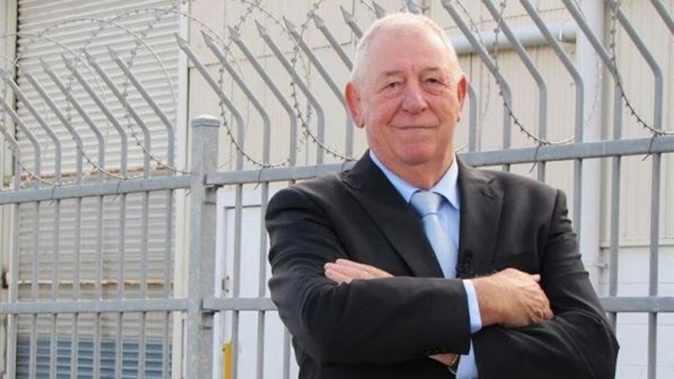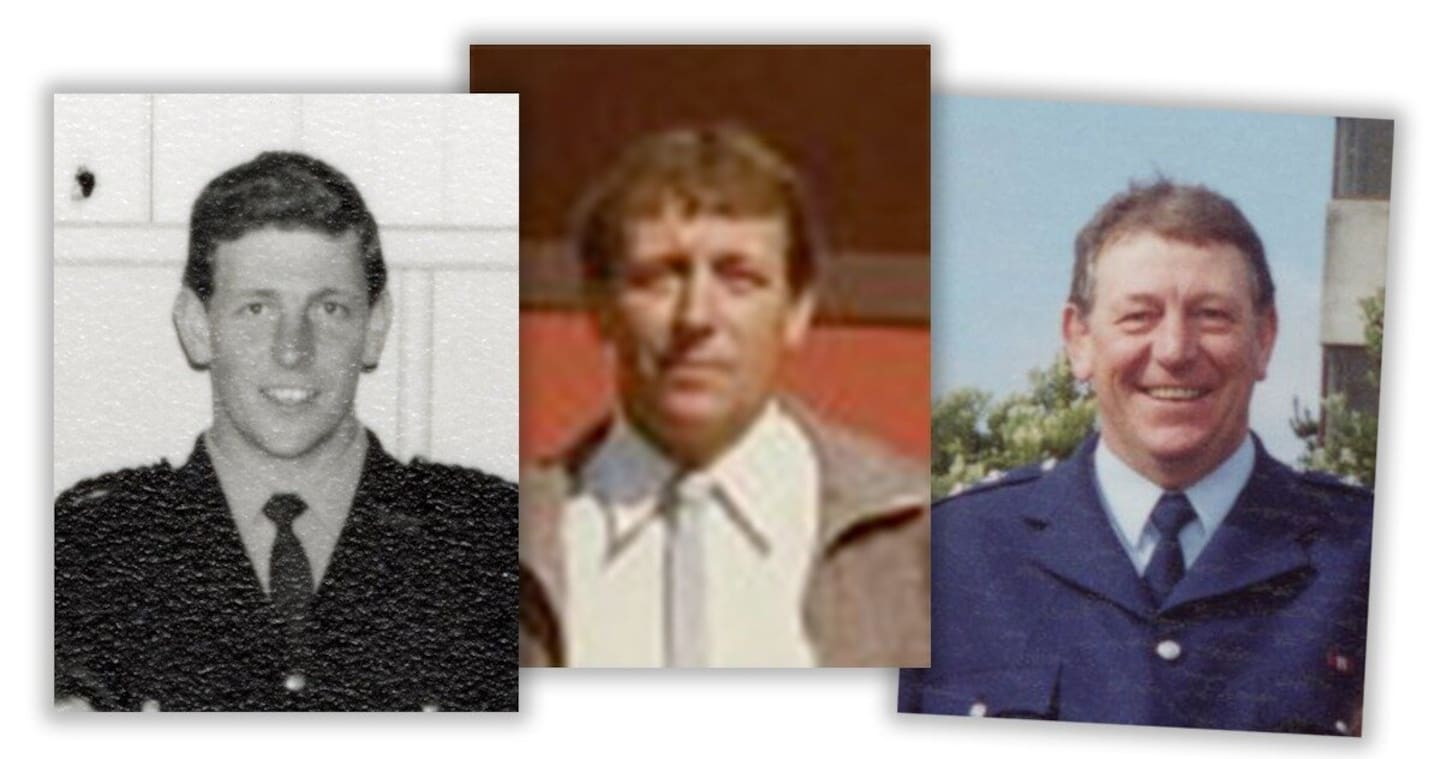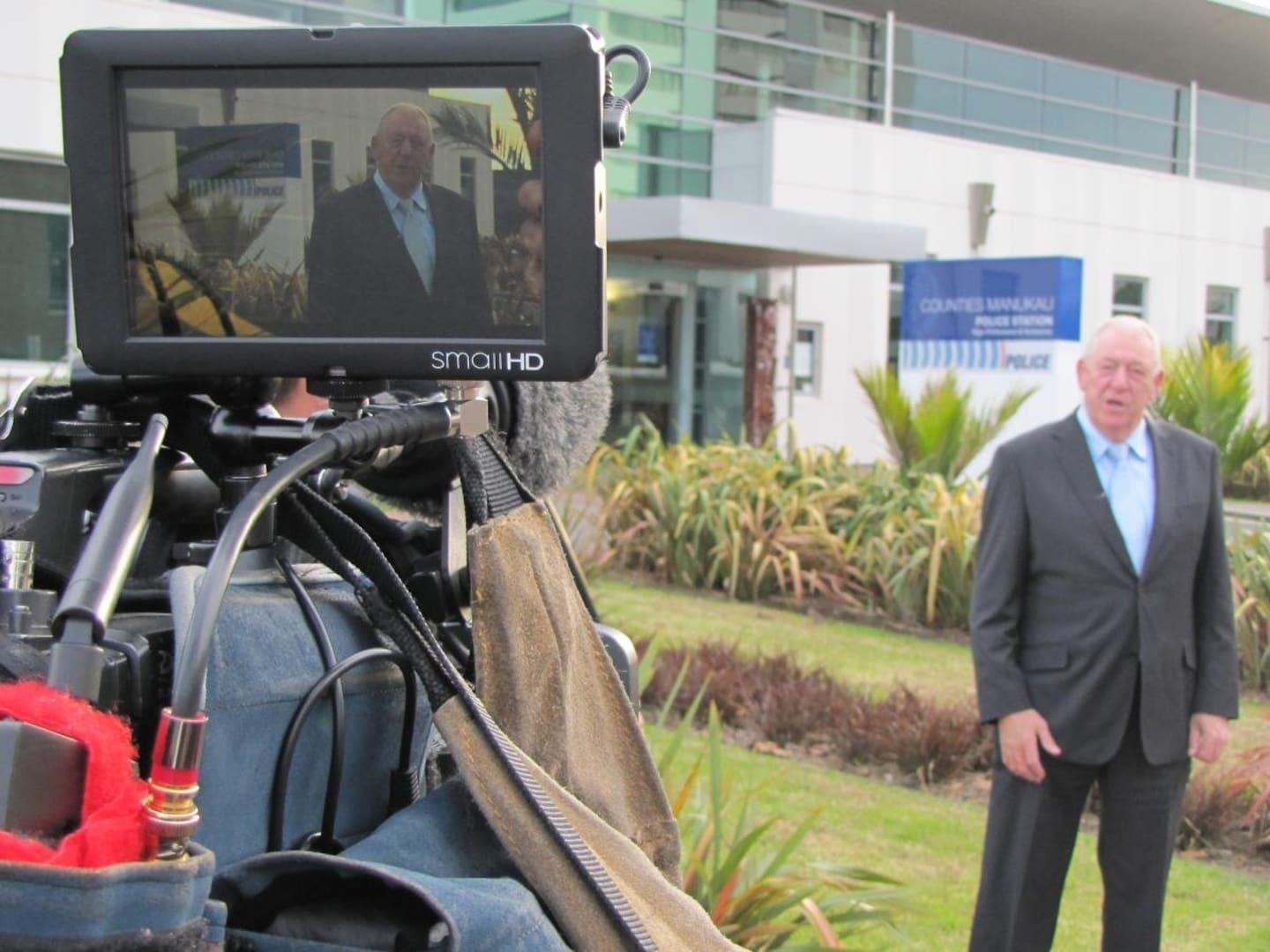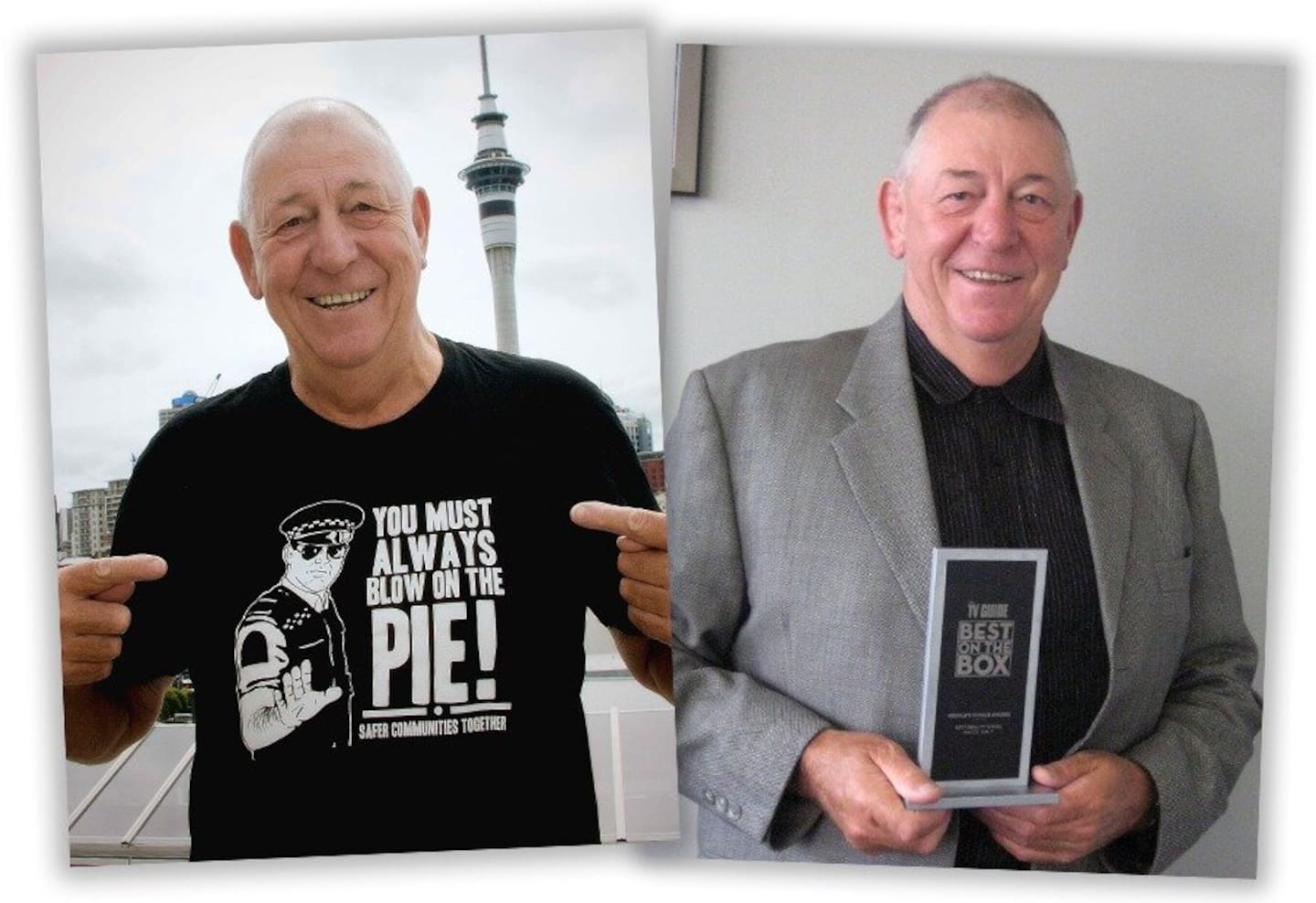
A passionate investigator, a champion for victims, and the man who expanded New Zealand’s vocabulary of crime and criminals – former Detective Inspector Graham Bell, QSM, was a legend.
Bell died in Hospice Waikato on Tuesday aged 78, after a battle with cancer, fought with characteristic tenacity.
He joined the police in September 1968 as a member of the 41 Sam Browne Recruit Wing.
He was posted to Auckland and in 1994 moved to Rotorua, where he was officer in charge of the Criminal Investigation Branch (CIB) by the time he retired in December 2001.
Though many criminals had cause to regret crossing his path, it was after retirement that Bell had his biggest impact on the country as a whole.
He teamed up with production company Screentime to develop a true-crime television series which became Police Ten 7, fronting it from 2002 to 2014.
The programme helped solve crime and shone a light on the everyday work of police – and Bell attained “national treasure” status with his colourful descriptions of the “gutless goons”, “ratbags” and “mongrels” making life a misery for others.
He was a bit of a legend, Commissioner Richard Chambers said as news of Graham’s death broke on Wednesday.
“When I was a young police officer and a fresh detective, Graham Bell was someone I certainly looked up to in terms of his passion for policing but also his drive to hold some of our worst offenders to account,” Chambers said.

Recruit Graham Bell in 1968; at an advanced drug investigators’ course in 1986; and an inspectors’ qualifying course in 1996. Photo / Police Ten One Magazine
“He was a bit of a legend when it comes to policing in New Zealand and a real personality as well.”
Bay of Plenty’s District Commander, Superintendent Tim Anderson, also paid tribute: “He was a dedicated investigator who cared greatly about the teams he led. He also had a huge affinity for taking care of victims of serious crime.”
The investigations Graham oversaw included 19 murder cases. To name a few: the 1998 murder of Beverly Bouma in Reporoa; Operation Creed, the murder of Joanne van Duyvenbooden in 1999; and Operation Point, the murder of Noel McKenzie in 2001.
One of the most challenging followed the murder of Constable Murray Stretch in Mangakino in 1999.
Bell’s work on these and his many other cases was recognised at the highest level in 2001 with the award of the Queen’s Service Medal for his services to investigations and the New Zealand Police.

Graham Bell saw Police Ten 7 as a way to both solve crime and demystify police and policing for a wide audience. Photo / Police Ten One Magazine
“He was larger than life and related well to people,” said the Bay of Plenty district crime manager, Detective Inspector Lew Warner, who worked with Bell when he held the same role.
“He was probably ahead of his time in using the media for serious crime.
“He was very charismatic, and his use of the English language to describe villains was second to none. He was very loyal to his staff and their welfare was important to him. He had a real presence and was a larger-than-life character.”
Warner said Bell’s personality and old-school style of policing worked well. “He could just relate to people so well.”
Former police media and comms adviser Kaye Calder first worked with Bell when, as a detective senior sergeant, he had the role of Auckland police media adviser, then again on Police Ten 7.

Celebrating an iconic Ten 7 moment and an award. Photo / Police Ten One Magazine
She said he saw the series as a way to both solve crime and to demystify police and policing for a wide audience.
“He was passionate and respected as an investigator and had a varied and successful career,” she said.
“He always had victims at the forefront of his mind and was very passionate about getting the result for the victims and their families.”
The end of Bell’s Ten 7 tenure was in part brought about by his robust approach, which was not thought to be a good fit in the changing policing landscape.
“He was a man of his time,” said Calder. “He had many colourful expressions, which were always his own views, but he was motivated by his big heart, with victims always his focus.
“Many people remember the expressions, but people in police remember him as somebody who first and foremost helped victims.”
Detective Sergeant Rob Lemoto, who took over as Police Ten 7 presenter, has nothing but admiration for “the big man”.
“He created a legacy and made it cool for people to call police again,” he said on Wednesday. “His personality drew people back to helping us solve crimes.
“He didn’t try to be a robot. He gave his take on it. He put out the facts, but he would always have a GB take on it.”
It was his way with words and clear passion that made the public want to help catch the “lowlifes”, “scums” and “mongrels”.
“It was all about Graham’s authenticity,” said Lemoto.
– Police Ten One Magazine
Take your Radio, Podcasts and Music with you









